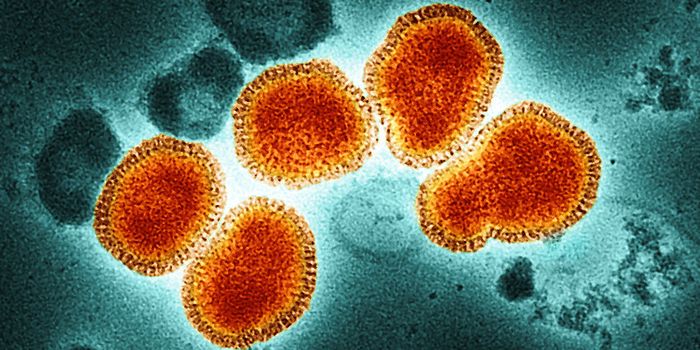When It Comes to Heart Health, Women Have the Upper Hand
When it comes to matters of the heart, women have the upper hand - heart health, that is. Where does this advantage come from? It’s a combination of unique female ovarian hormones and a molecule involved in regulating the circadian rhythm. And in a new study, the first to make the connection between ovarian hormones, the circadian rhythm, and heart disease, University of Guelph scientists explain why women have an advantage over men concerning heart health.
The circadian rhythm is the sleep/wake cycle that helps us wake up in the morning and go to sleep at night. In the brain, it’s the hypothalamus that regulates the circadian rhythm, sending and receiving signals to keep the body on a 24-hour, day-night cycle.
Previous research showed the scientists that for men and women of the same age, heart attacks are worse for men than they are for women, and the most severe heart attacks for men occurred while they were sleeping. This is why researchers ultimately focused on the circadian rhythm and conducted the present study, now published in the journal Cardiovascular Research.
In the new study, researchers studied older mice with a mutation that disrupts their circadian rhythm, a condition that study author Tami Martino thinks of as a “genetic model of shift work.” Martino and other researchers saw male mice with this mutation develop heart disease, but the females with the same mutation did not.
This difference in disease states relates back to male and female differences at the cellular level. For example, males have phospholipids called cardiolipins that look like those found in diseased human hearts. Additionally, Martino reports that they have “worse cardiac glucose and energy profiles” than women.
Cardiolipins are located in the mitochondria of cells, and are deeply involved in cellular energy metabolism. In addition to their association with diabetes and heart failure, cardiolipin alterations are connected to condition called Barth syndrome, a rare heart disease characterized by dilated cardiomyopathy, skeletal muscle weakness, low white blood cell count leading to infections, and short stature. This condition very rarely affects women.
Regardless of the benefits women experience over men in terms of heart health, the advantage disappears as soon as the ovaries are removed, underlining the importance of hormones.
"Maintaining good circadian rhythms is important for achieving healthier and longer lives,” Martino concluded.
Sources: Genetics Home Reference, Cellular and Molecular Life Sciences, National Sleep Foundation, University of Guelph









